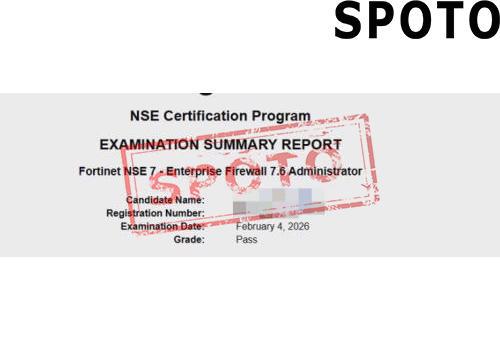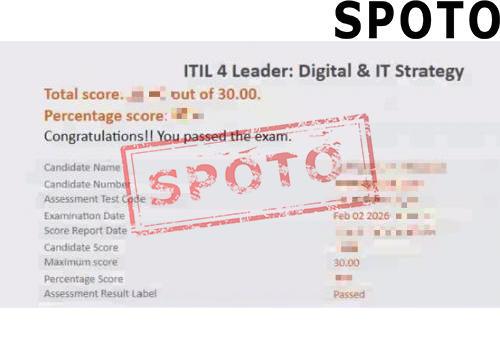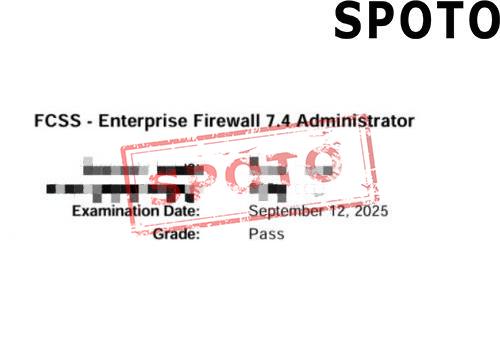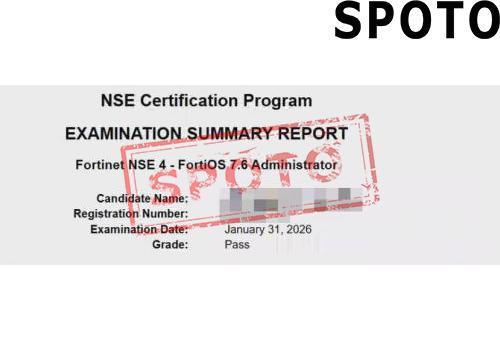
Table of Contents
In today's digital-driven world, businesses rely heavily on IT infrastructure to stay competitive, agile, and innovative. The role of an IT Service Manager (ITSM) has become pivotal, serving as the bridge between technological prowess and strategic business objectives. Whether you're considering this career path or seeking to understand its significance, this guide provides a fresh perspective on why IT Service Managers are in high demand—and how you can launch a successful career in this exciting field.
1. An Overview of IT Service Manager
An IT Service Manager is a professional responsible for overseeing all elements of an organization's IT services. Think of them as the conductors of a complex orchestra—ensuring all IT components, from hardware to cloud applications, work harmoniously to deliver exceptional value to the business. They focus not only on maintaining existing IT systems but also on continuous improvement, aligning IT strategies with business goals, and ensuring service quality.
In essence, IT Service Managers don't just manage technology—they manage the service that technology provides, making sure it meets the needs of users and stakeholders efficiently and reliably.
2. The Details
Roles and Responsibilities of IT Service Manager
The role of an ITSM is multifaceted, blending technical knowledge with strong leadership and communication skills. Some core responsibilities include
- Service Strategy & Design: Developing IT service strategies aligned with business goals and designing service models that are scalable and resilient.
- Incident & Problem Management: Quickly resolving IT issues, minimizing downtime, and investigating root causes to prevent future incidents.
- Change Management: Overseeing updates and upgrades to IT systems in a controlled manner, minimizing risk.
- Service Level Management: Ensuring IT services meet agreed-upon standards through regular monitoring and reporting.
- Continuous Improvement: Regularly analyzing service performance and seeking avenues for enhancement.
Related Jobs:
- IT Operations Manager
- IT Business Partner
- Service Delivery Manager
3. Why become an IT Service Manager?
Salary and Job Outlook
The demand for skilled IT Service Managers is soaring—driven by digital transformation across industries, cloud adoption, and the need for robust cybersecurity. Salaries vary by geography, experience, and industry. For example, in the U.S., an IT Service Manager can earn between $80,000 and over $130,000 annually, with higher figures in top-tier firms or niche markets.
Career Growth and Job Stability
ITSM is a cornerstone of organizational resilience. As companies increasingly value digital agility, the role offers excellent career stability and upward mobility. Many IT Service Managers transition into executive roles such as Chief Information Officer (CIO) or Chief Technology Officer (CTO), broadening their leadership impact.
4. How to start a career as an IT Service Manager?
Launching into IT Service Management requires a blend of technical skills, industry certifications, and managerial aptitude.
Build a strong IT foundation
Courses in network management, ITIL (Information Technology Infrastructure Library), and project management are crucial. These courses provide in-depth knowledge. Network management courses teach you to maintain and optimize network performance. ITIL courses offer frameworks for efficient IT service delivery, while project management ones help in organizing and executing IT projects smoothly.
Gain practical experience
Hands-on roles in IT support, network administration, or system analysis lay the groundwork. Working directly in these areas allows you to apply theoretical knowledge. You'll encounter real-world IT problems, learn how to troubleshoot them, and understand the day-to-day operations, which are invaluable for career growth.
Pursue certifications
ITIL v4 Foundation or PMP can boost credibility. Certifications like these are recognized globally. They prove your expertise and dedication to professional development. Employers often prefer candidates with certifications, as they indicate a certain standard of knowledge and skills.
Develop soft skills
Communication, problem-solving, and leadership are essential to manage teams and stakeholder expectations. Good communication ensures smooth information flow. Strong problem-solving skills help resolve complex IT issues, and leadership abilities are vital for guiding teams towards achieving common goals in an IT environment.
Stay updated
Continuous learning about emerging trends such as cloud services, automation, and cybersecurity enhances your value. The IT field evolves rapidly. Keeping up with new trends enables you to offer innovative solutions, stay competitive in the job market, and adapt to changing business requirements.
Starting small and climbing the ladder with relevant experience and certifications can set you on a path toward becoming a proficient ITSM.
5. Conclusion
The role of an IT Service Manager is not only vital but also rewarding—combining technology expertise with strategic leadership to drive organizational success. As businesses continue their digital evolution, skilled ITSM professionals are more essential than ever, offering stability, growth, and the chance to make a tangible difference.
Embark on this pathway, equip yourself with the right skills and certifications, and you'll find yourself at the forefront of innovation and service excellence.
Remember: Your journey as an IT Service Manager begins with a strong foundation—so take the first step today!










